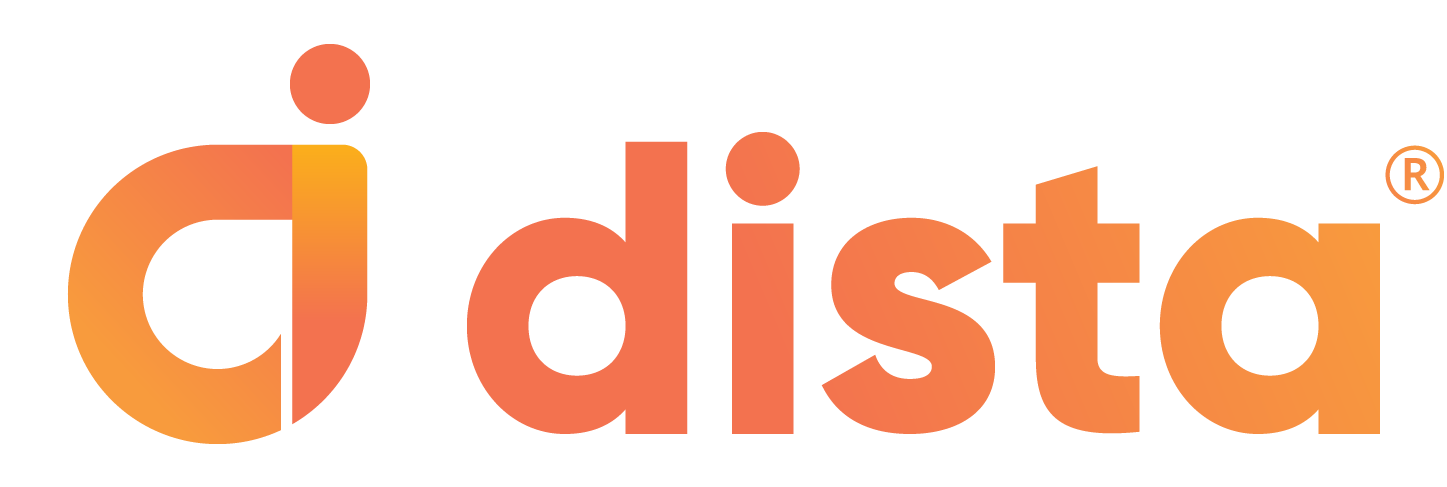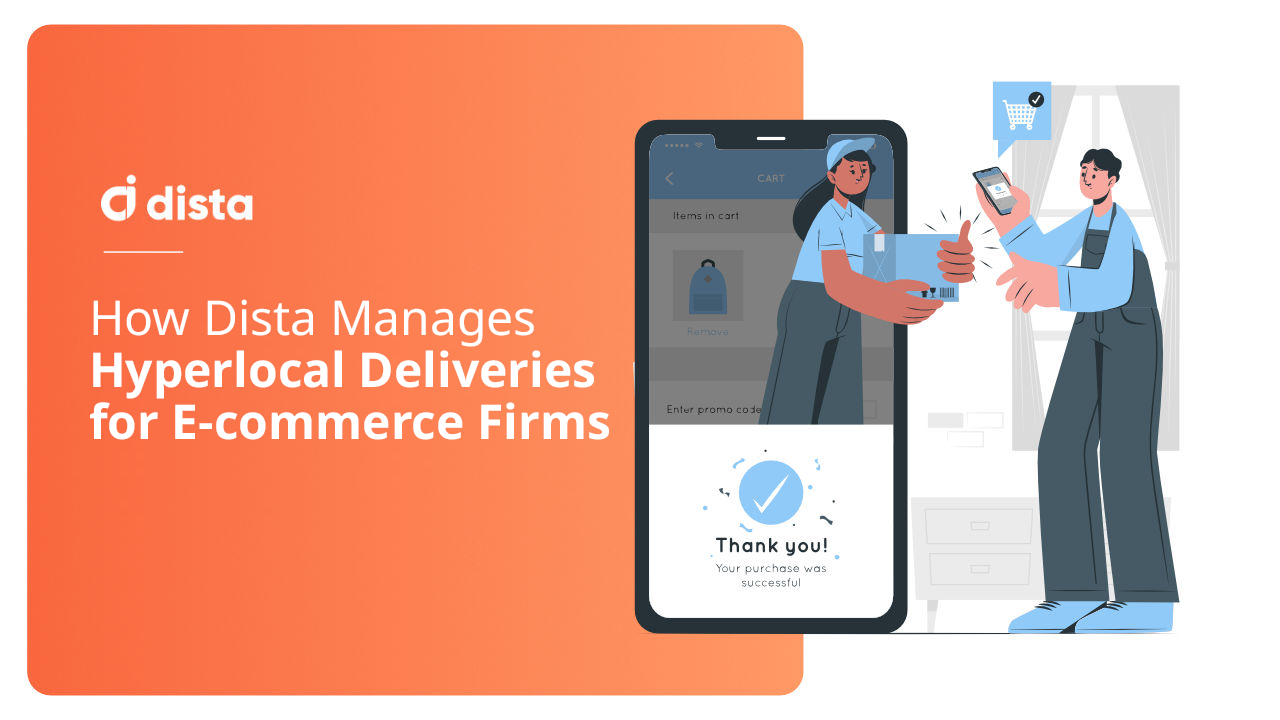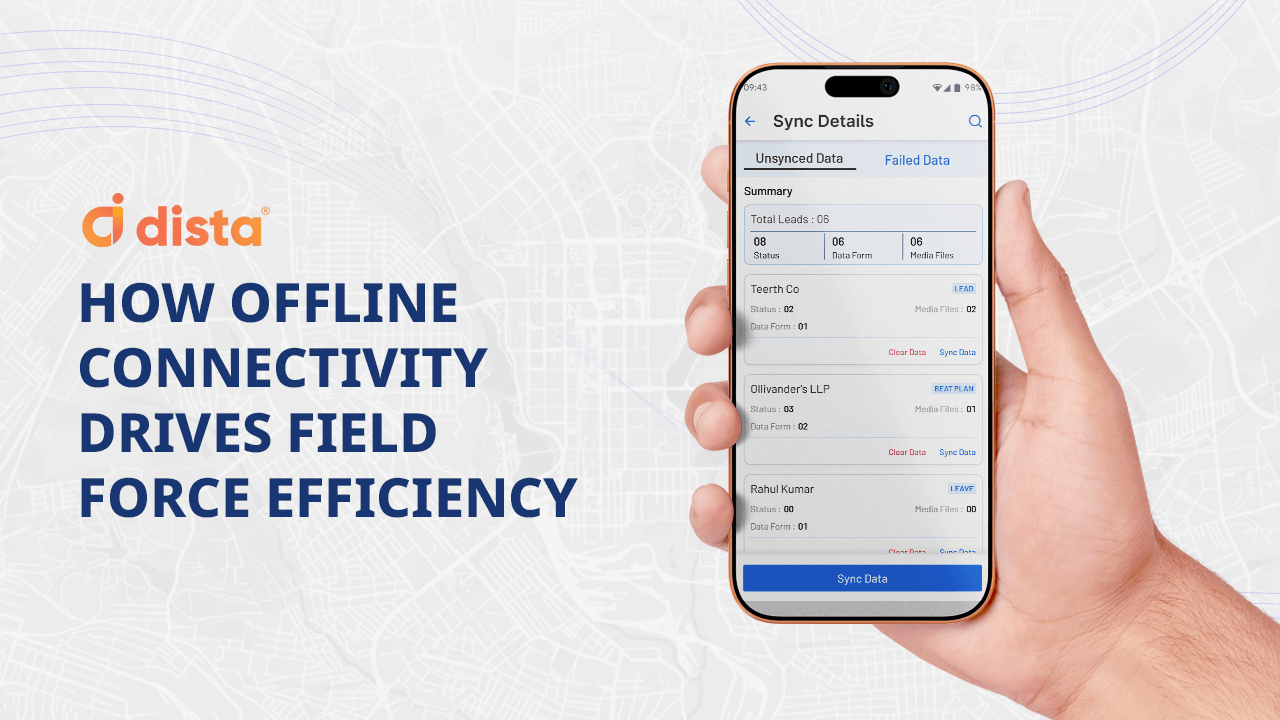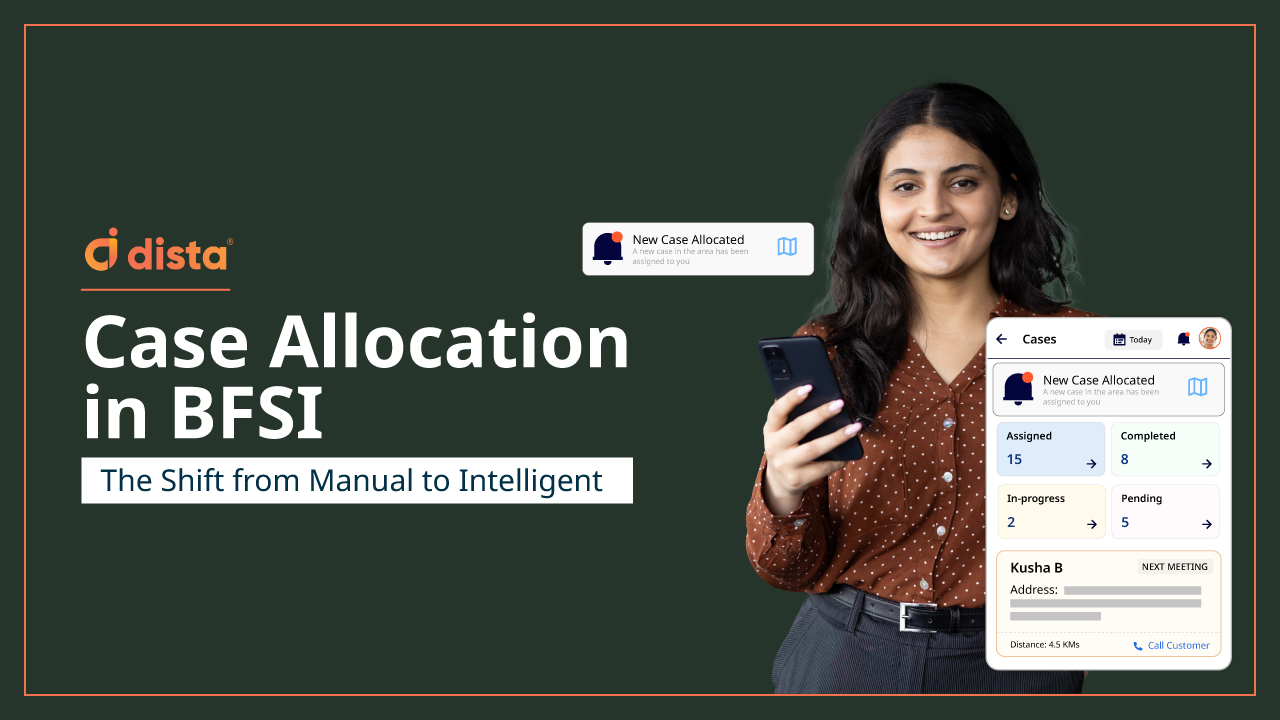The hyperlocal delivery model has played a crucial role in reorganizing the retail sector. There was a substantial increase in the demand for medicine and grocery deliveries following the lockdown in 2020 due to COVID-19. The on-demand delivery model consists of a vast workforce that collaborates to deliver items to their customers on time, in a cost-effective manner.
Some of the key challenges online businesses face are order fulfillment, third-party delivery agent management, checking inventory at multiple nodes, and more. A delivery management solution helps streamline and orchestrate hyperlocal deliveries.
Also read – How location intelligence and last mile delivery will help in COVID-19 vaccine distribution
Benefits of Delivery Management Solutions
Let’s see how e-commerce companies can leverage delivery management software.
1) Auto Order Allocation
A delivery management platform integrates with the order management system and makes it easier to aggregate orders. This allows customers to choose a delivery slot at their convenience, and they can even receive real-time ETAs about their delivery executives. The AI system allocates orders to delivery agents after considering various factors like delivery time, skill, priority, distance, and more. Agent allocation takes place at a cluster level, which allows them to serve multiple stores.
2) Bird’s Eye View of Field Service Executives
Managers can monitor and measure the daily productivity of their field executives in real-time. A dashboard offers details about individual performances of the field agents. The delivery management solution efficiently manages the workforce and streamlines the delivery process with detailed data and analytics. It helps enhance the productivity of the field agents and improve delivery operations. Intelligent job allocation and scheduling also play an essential role in reducing the overall delivery charge.
3) Improve Customer Experience
E-commerce companies can scale their hyperlocal delivery orchestration and help them serve their customers seamlessly without any infrastructure challenge. With a delivery management solution, organizations can identify the type of customer they can serve from a store to meet the predefined SLA. The solution also offers route optimization for field executives that suggests the most suitable route, which improves delivery time and volume of the total deliveries. Moreover, organizations can conduct customer profiling by leveraging data for personalized offers and promotions.
Final Thoughts
Inability to accept multiple payment modes, effectively tracking delivery agents, rising costs owing to multiple fulfillment points are some of the key pain areas for ecommerce companies. A robust delivery management tool can resolve these challenges and enable smoother deliveries.
Are you a company that relies on a hyperlocal delivery model? Contact us to know all about Dista’s delivery management solution.






